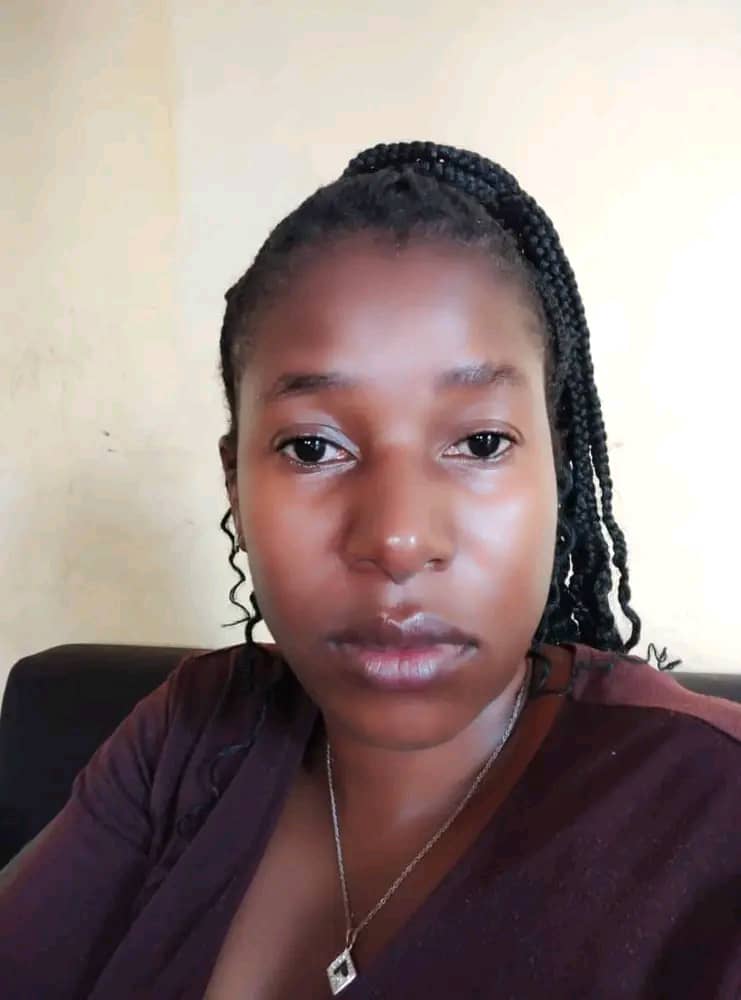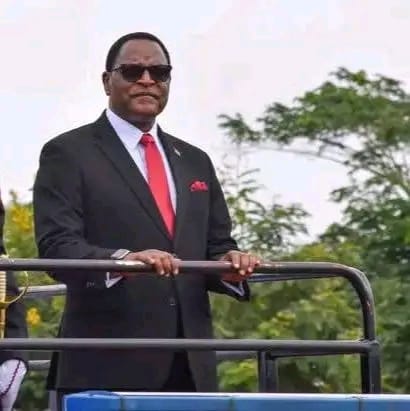Self Help Africa (SHA), in collaboration with CO2 Balance, has introduced a groundbreaking initiative in Malawi’s Kasungu and Dowa districts—an innovative, sustainable water project powered by carbon financing. Dubbed the Water Carbon Project, this initiative is designed to provide safe, clean drinking water to rural communities, while simultaneously addressing environmental challenges through carbon emission reduction.
The Water Carbon Project leverages carbon financing, a system where projects that reduce or capture greenhouse gas emissions generate carbon credits, which can be sold to companies seeking to offset their carbon footprint. In this case, SHA and CO2 Balance are utilizing this financing model to fund the repair and maintenance of boreholes, which are essential to providing clean water access in rural areas.
Kasungu and Dowa, like many rural districts in Malawi, face serious challenges with water supply. Access to clean and safe drinking water remains limited, forcing many communities to rely on unsafe sources such as rivers or open wells. This situation not only increases the risk of waterborne diseases but also places a heavy burden on women and children, who typically bear the responsibility of collecting water over long distances.
The Water Carbon Project seeks to tackle these issues by rehabilitating non-functional boreholes, ensuring that communities have reliable access to safe drinking water. The repair of these water points also has a direct impact on public health, reducing incidences of diarrhea and other water-related illnesses.
What sets this project apart is its innovative use of carbon financing. By rehabilitating boreholes, the project reduces the need for communities to boil water using firewood to make it safe for drinking. This decrease in firewood consumption leads to a reduction in carbon dioxide emissions, as fewer trees are cut down for fuel. The reduced deforestation also has wider environmental benefits, including improved biodiversity and soil preservation.
For every ton of carbon emissions saved through these efforts, the Water Carbon Project generates carbon credits. These credits are then sold on the carbon market, providing ongoing financial support for the continued maintenance of the water systems. This model not only ensures the long-term sustainability of the project but also provides an additional income stream to fund future initiatives.
The partnership between Self Help Africa and CO2 Balance is not only improving water access in Kasungu and Dowa but is also creating far-reaching environmental benefits. The project reduces deforestation, promotes sustainable water usage, and strengthens the resilience of rural communities against climate change.
In addition, the project supports community development through job creation, as local technicians are trained and employed to maintain the boreholes. This empowers the communities by giving them the skills and knowledge to manage their water systems independently, ensuring the project’s sustainability long after its initial implementation.
The Water Carbon Project represents a pioneering approach to addressing two of Malawi’s most pressing challenges—water scarcity and climate change. By combining the power of carbon financing with community-driven solutions, Self Help Africa and CO2 Balance are not only improving the lives of people in Kasungu and Dowa but also setting a model for sustainable development that can be replicated across other regions.
As the world continues to grapple with the effects of climate change, innovative solutions like the Water Carbon Project offer hope for a more sustainable future, where environmental protection and community well-being go hand in hand.




